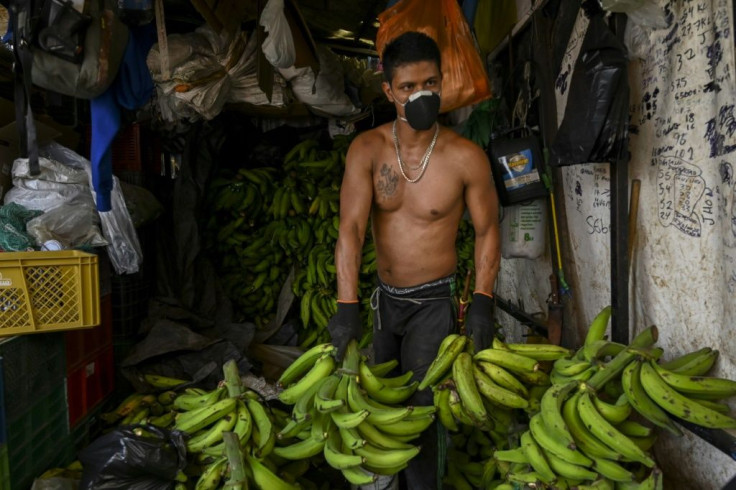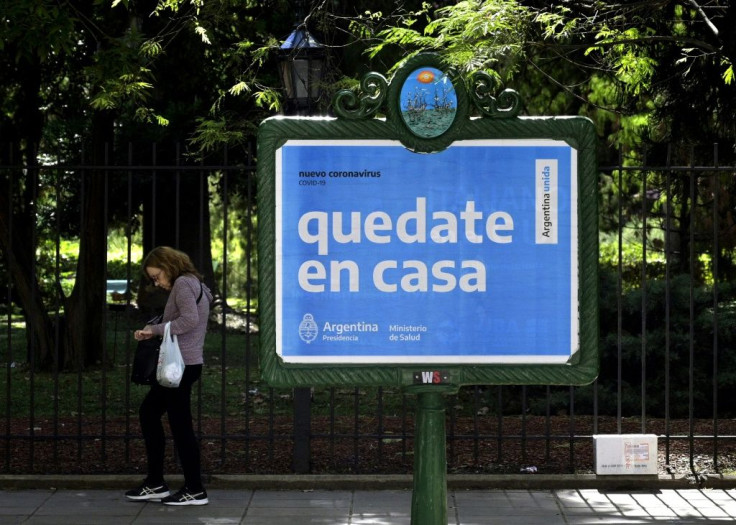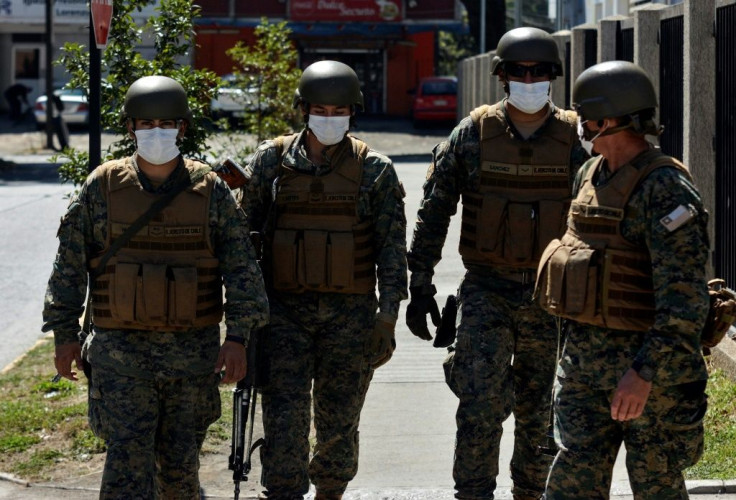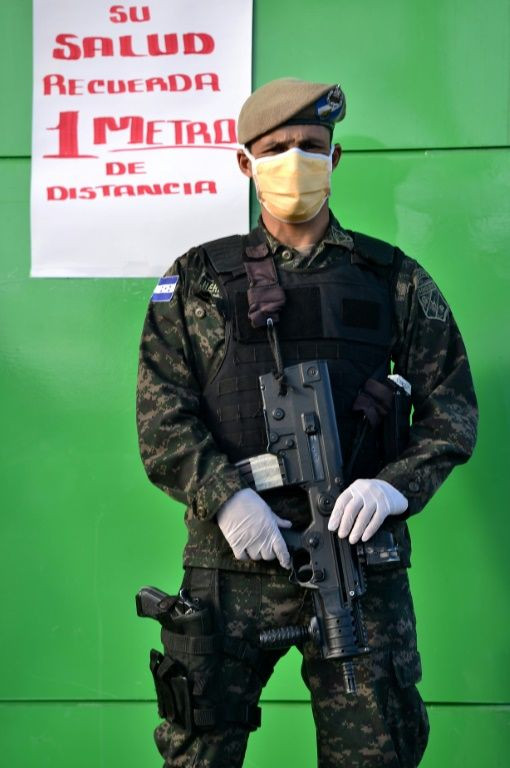Paralysis For Latin America With Argentine Lockdown, Rio Beach Closures

Brazil on Thursday announced it was closing land borders and prohibiting entry to people from European and many Pacific Asian countries to prevent the spread of the coronavirus, as Mexico and Peru reported their first virus deaths.
And Argentina said it would go on a "preventative and compulsory" lockdown from Friday until March 31 in an effort to contain the virus.
Brazil's Rio de Janeiro state also said it would bar people from its world famous beaches including Copacabana and Ipanema.
Chile, rocked by months of social protests, unveiled an $11.75 billion economic stimulus package to cope with the effects of the virus on the giant copper producer, but also announced it was postponing a referendum on changing its constitution.
Meanwhile, a plane operated by Spanish carrier Iberia sent to Ecuador to pick up stranded foreigners was prevented from landing at an airport in Guayaquil, which is under lockdown.
Brazil said its two-week border closure would affect all neighboring countries, with the exception of Uruguay to the south, after shutting its border with Venezuela on Tuesday.

Its new restrictions against travelers from Europe and the Asia Pacific are set to last 30 days, according to a ministerial decree.
They apply to people coming from the European Union, Britain, Iceland, Norway and Switzerland, as well as China, Japan, South Korea, Australia and Malaysia who are not Brazilian residents or do not have valid work or family reasons to travel.
Latin America's largest country, with a population of 210 million, has so far registered 621 cases of the coronavirus, with six deaths.

Rio state governor Wilson Witzel said from Saturday he would close all beaches, bars and restaurants. He also announced a measure to cut transport links with other Brazilian states with reported virus cases, although that needs to be ratified by federal authorities.
Mexico reported its first coronavirus death -- a 41-year-old man with diabetes who died on Wednesday in Mexico City. Mexico has recorded 118 virus cases.
A Mexican federal judge meanwhile ordered President Andres Manuel Lopez Obrador to take all preventative measures and necessary actions in order to detect infected persons in the country.
Peru, which has a total of 234 confirmed cases, reported its first three deaths.

Chile's stimulus plan "will strengthen our ability to face the health, economic and social needs that the coronavirus pandemic is signifying and that will probably tend to worsen in the future," President Sebastian Pinera told a press conference.

Senate speaker Adriana Munoz said the leaders of the main political parties had agreed to postpone the referendum on changing the dictatorship-era constitution from April 26 to October 25, to give the country time to deal with the virus.
Health Minister Jaime Manalich announced a lockdown of Chile's Easter Island, saying no one could enter or leave the remote Pacific island for the next two weeks.
Police meanwhile said they had foiled an attempted break-out from Chile's largest jail. Earlier this week, inmates from jails in Brazil and Venezuela managed to escape, motivated by fear that prisons are a breeding ground for the coronavirus.
Chile has registered 342 cases of the virus to date.
In Ecuador, Cynthia Viteri, mayor of the country's second city Guayaquil, said she ordered vehicles to block the runway of the international airport to prevent the Spanish-operated plane from landing.
The flight from Madrid, with only crew aboard, was able to land later in Quito.
Ecuador has banned all flights since Monday to stop the spread of the coronavirus.
Panama, which hosts Central America's busiest airport, and Colombia both said they were suspending all international air travel for a month from Monday.
Colombia's President Ivan Duque said the shutout was necessary because some people who had entered the country had tried to avoid mandatory quarantine regulations.
Colombia closed its land and sea borders on Tuesday.
Bogota city hall said the capital's seven million people would face confinement from Friday to Monday as part of a trial run for a probable future quarantine.
Other cities across Colombia, which has more than 100 cases of the coronavirus, were also under nighttime curfews.
Meanwhile, Eduardo Bolsonaro, the lawmaker son of Brazil's president, joined US President Donald Trump in criticizing China over the pandemic, prompting demands from Beijing for an apology.
China's embassy accused Bolsonaro of using "irresponsible words" and of having "caught a mental virus."
© Copyright AFP {{Year}}. All rights reserved.





















